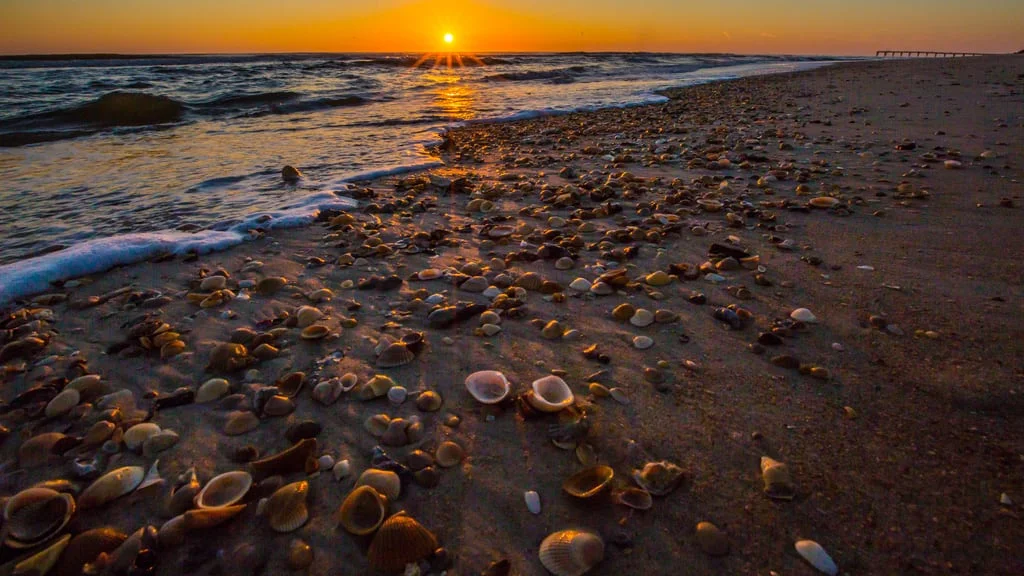
Will Florida’s State Parks Remain Untouched? A Bill’s Uncertain Fate Weighs on the Future
In a pivotal moment for Florida's environmental landscape, the Florida House made headlines this week by passing a bill designed to protect state parks from commercial development, including controversial projects like golf courses and luxury lodges. This legislative move comes in response to public protests against a previously proposed initiative backed by the DeSantis administration, raising questions about the future of the state’s beloved natural spaces.
On April 16th, the House voted unanimously—115 to 0—in favor of the legislation aimed at safeguarding the integrity of state parks from development that could disrupt their natural beauty and ecosystems. Lawmakers from both parties praised this bill, expressing pride in how the Legislature responded to the outcry from Floridians who feared losing these precious lands to corporate interests.

The foundation of this legislation can be traced back to the fallout from the so-called "Great Outdoors Initiative" proposed by Florida's Department of Environmental Protection. This initiative sought to introduce commercial amenities in state parks, leading to widespread protests characterized by passionate slogans like "Save Don't Pave" and “Parks Over Profit.” It was such public backlash that prompted a retreat from the governor’s office.
According to Rep. Lindsay Cross, a Democrat representing St. Petersburg, the backlash was so profound it could be heard “all the way up to the moon or Mars.” This sentiment echoed throughout the House as lawmakers rallied behind a bill that prioritizes conservation over profit, aiming to keep Florida’s natural spaces as they are intended—wild and untamed.
The House version of the bill is seen as more stringent compared to a parallel version moving through the Senate. Critics of the Senate proposal have pointed out that it may include wording that could open doors for limited development, particularly concerning "disturbed uplands"—a point that has become a focal issue for environmental advocates.
Sen. Gayle Harrell, the Senate bill sponsor, acknowledges the need for some development but emphasizes that any projects must support “conservation-based recreational uses.” However, environmentalists remain skeptical about the Senate version’s potential loopholes that could threaten sensitive habitats.
The road ahead for this bill remains uncertain. Both chambers need to reconcile their differences before it can land on Governor DeSantis's desk. Whether or not the governor will approve a bill that counters his previously promoted initiatives is yet to be seen. He has remained non-committal, refraining from responding to inquiries about his stance.
The fate of Florida's state parks teeters on the outcome of these legislative discussions. Rep. John Snyder, who played a key role in steering the House bill through, has highlighted the need for continued public involvement in state park management and the significance of maintaining these natural habitats for future generations.
As this intriguing legislative process unfolds, one question lingers in the minds of Floridians: Will their cherished parks remain free from commercial encroachment, or is a new wave of development on the horizon? Share your thoughts in the comments below as this story continues to develop.